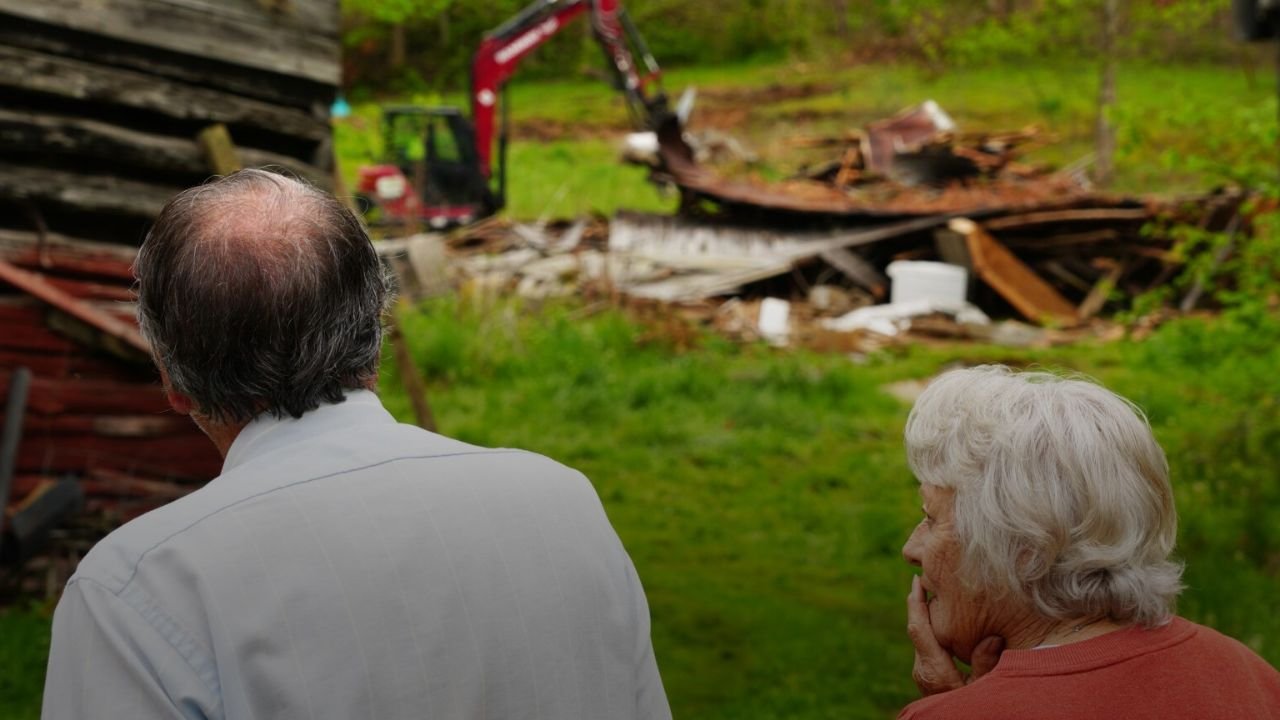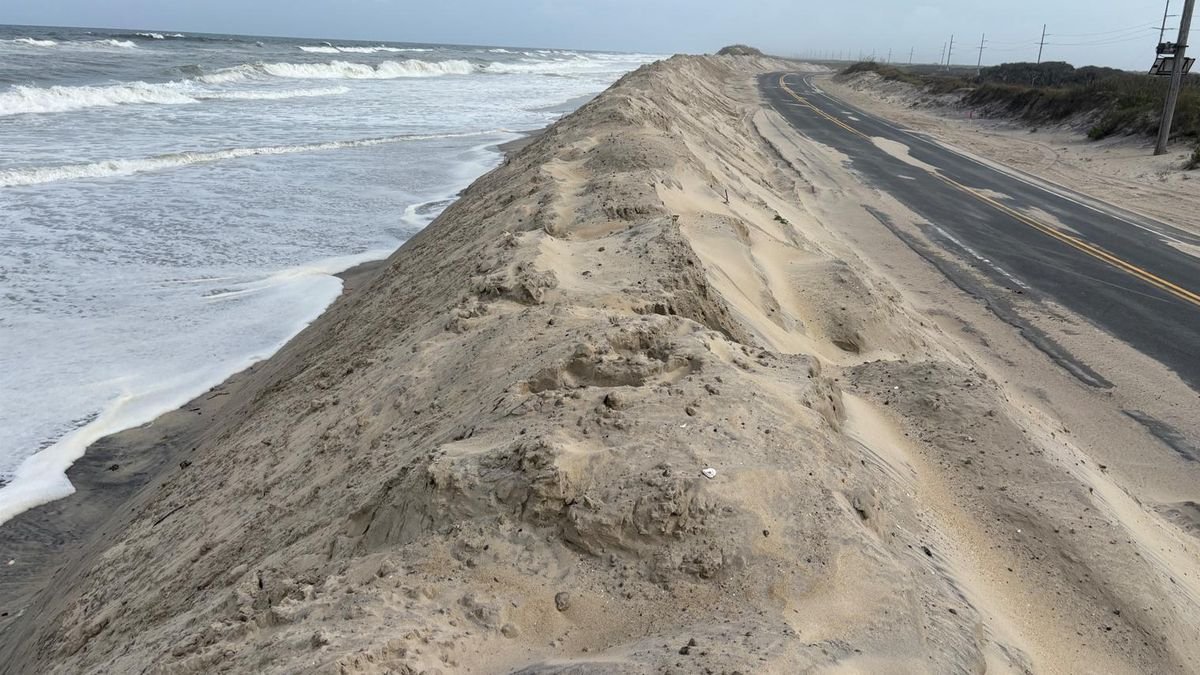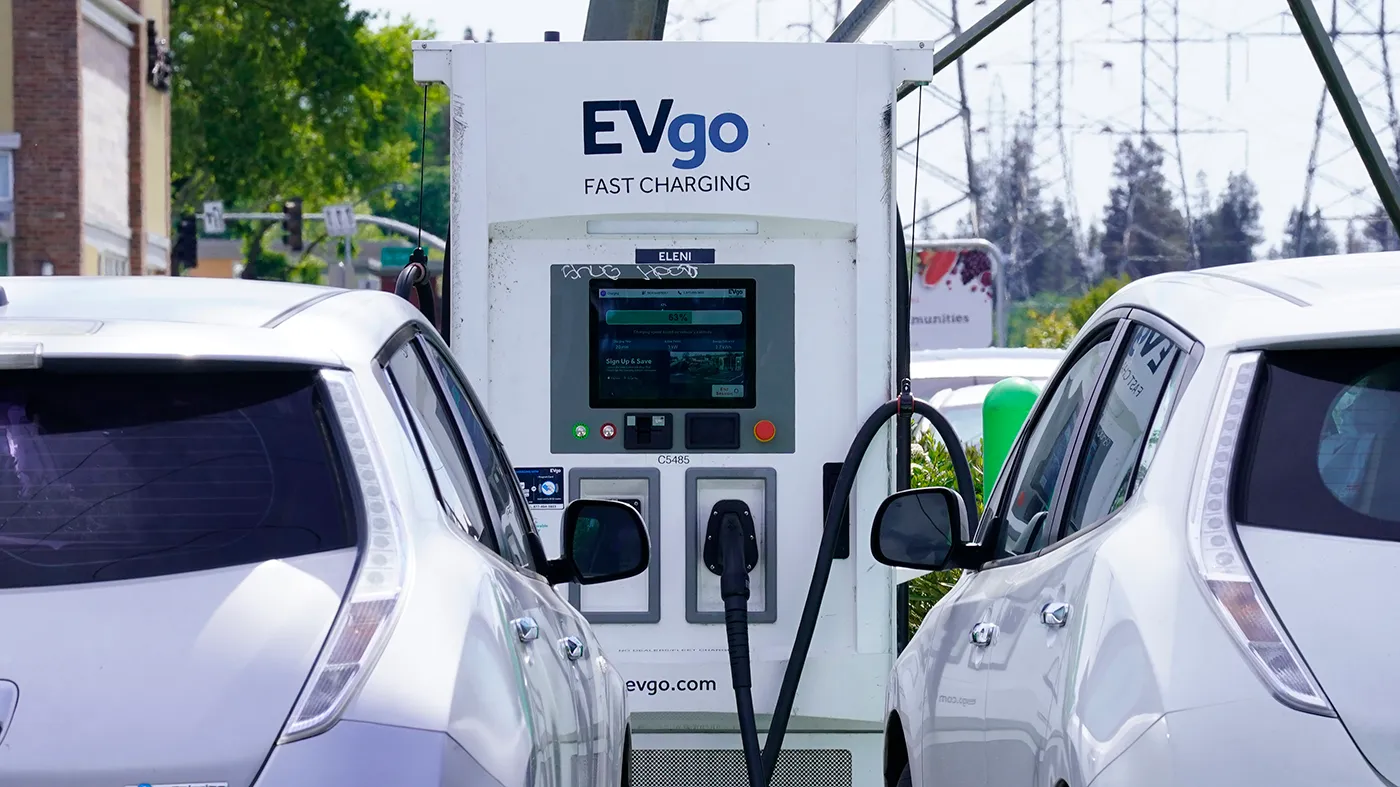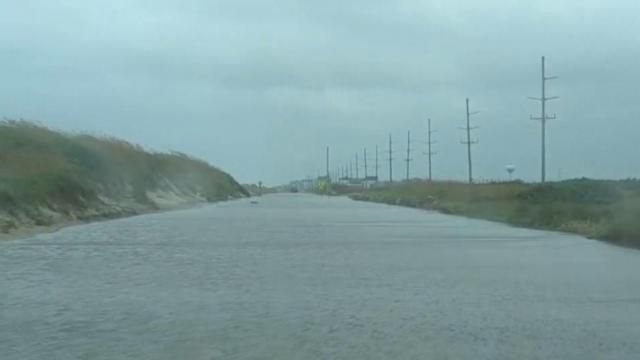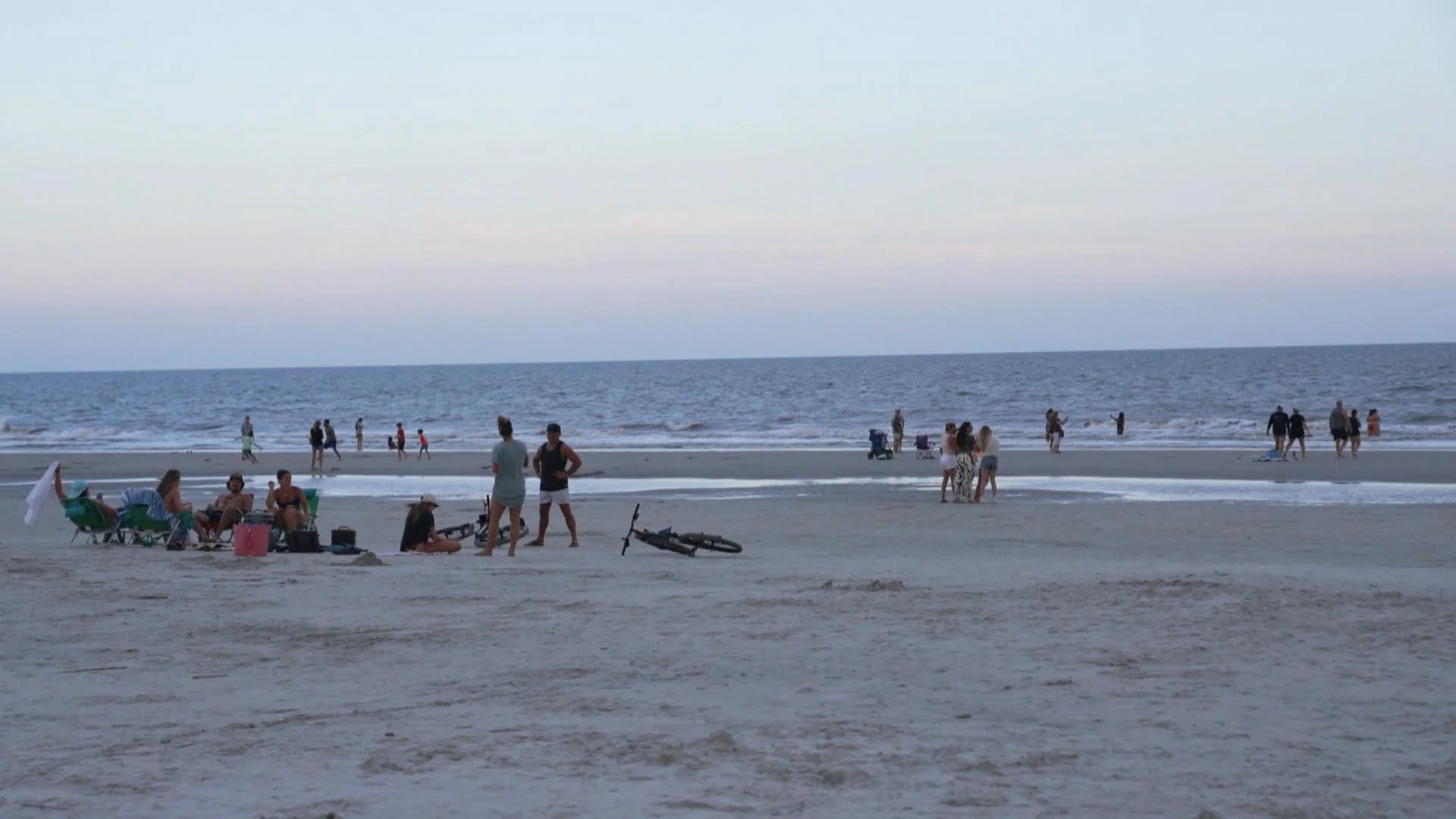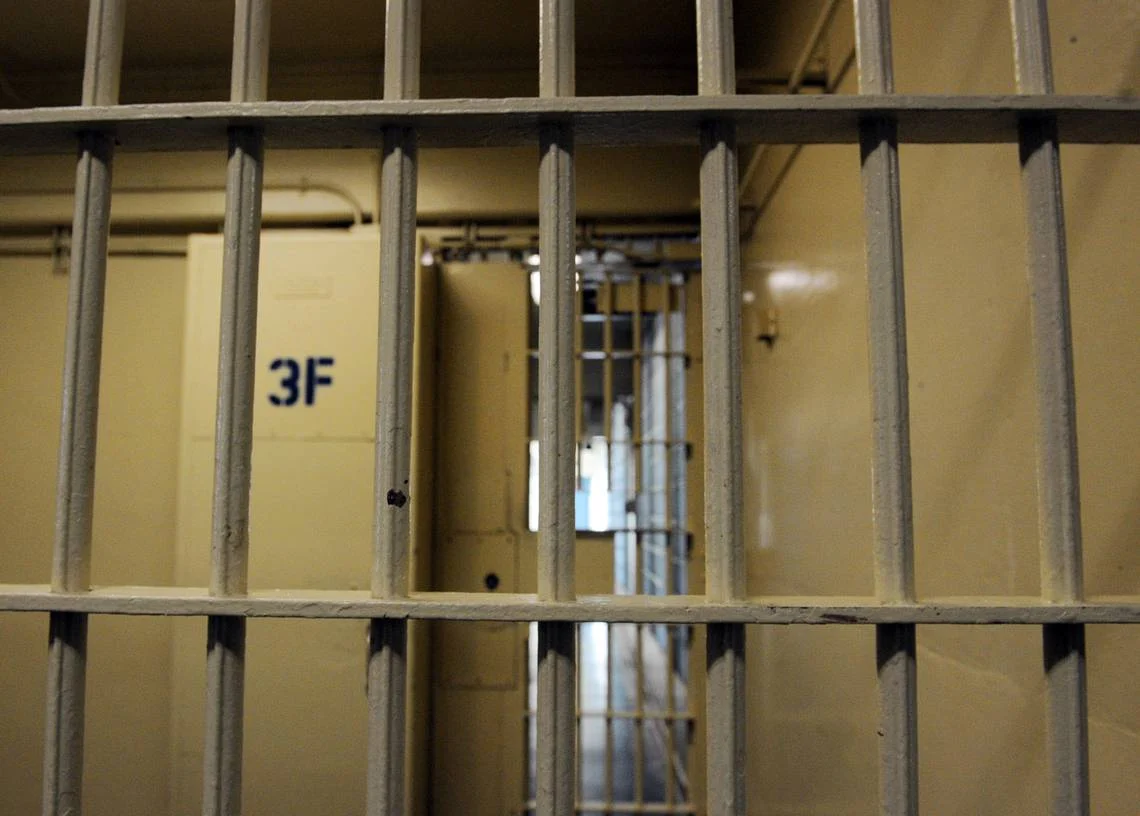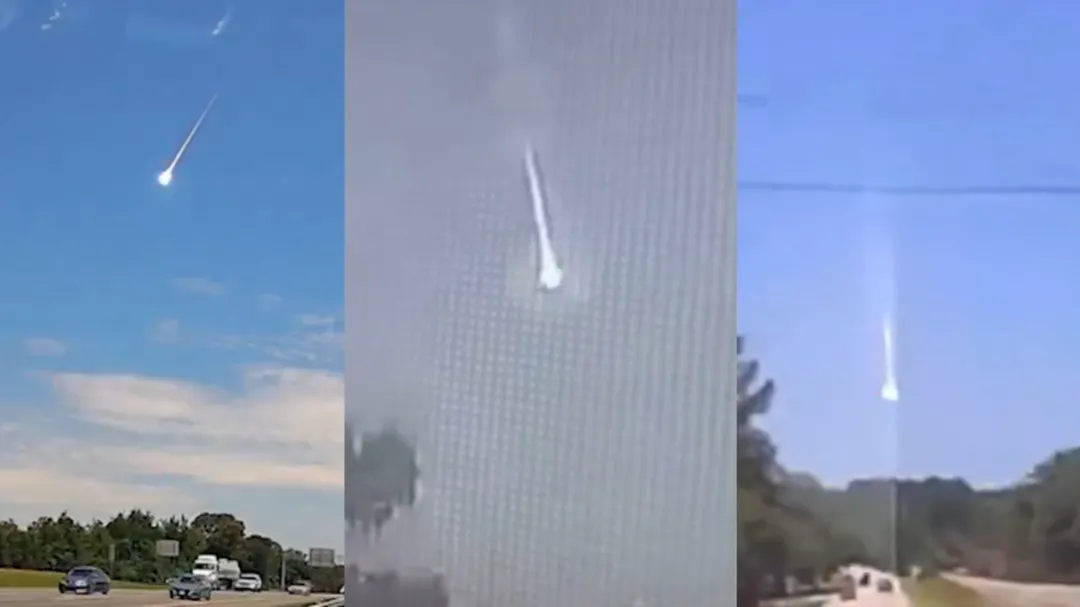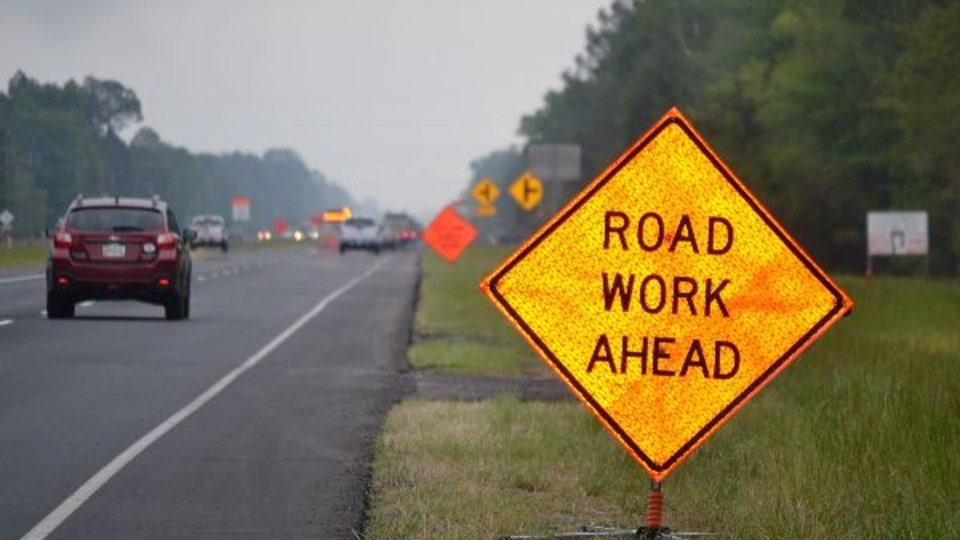North Carolina’s RaleighLeaders in North Carolina are developing a thorough plan to maintain domestic abuse services amid catastrophes as the hurricane season heats up and emergency responses become more strained. Making sure victims don’t lose access to protection, counseling, and shelter when they need it most is the aim.
The demand for action comes after multiple cases in which survivors of hurricanes like Hurricane Helene were deprived of vital support networks. Now, when highways flood, power goes out, or entire counties are displaced, officials are questioning what more can be done to keep these life-saving services available.
The conversation is gathering steam among disaster management professionals, domestic violence advocates, and state agencies, according to NC Newsline.
Why This Plan Matters
Over 100,000 reports about domestic violence are made in North Carolina on average each year, and evacuations brought on by storms frequently split up families, placing victims back in close proximity to their abusers.
One advocate pointed out that victims may experience retraumatization or be exposed to new risks when shelters close or evacuations force them to leave without preparation. For this reason, official continuity measures for domestic violence services are being developed by the Department of Public Safety and NGO coalitions.
Lessons from Hurricane Helene
One iconic image remains: the U.S. Army Corps of Engineers demolishing a century-old tobacco barn in McDowell County following Hurricane Helene. The barn served as a reminder to families and shelter networks of what can be lost during a storm, including safe havens that have been used for healing for decades.
Leaders want to make sure that in future disasters, crucial human services don’t suffer the same losses.
Proposed Ideas Under Consideration
The following are a few of the suggested fixes in the table:
-
Mobile safe spaces
that can be activated when permanent shelters flood -
Text-based hotlines
for victims in low-signal or no-power zones -
Funding reserves
to help domestic violence programs rebuild quickly after natural disasters -
Formal partnerships
with emergency response agencies for coordinated evacuation planning
Advocates Push for Long-Term Solutions
Legislators are being urged by advocacy groups like the North Carolina Coalition Against Domestic Violence (NCCADV) to give this issue a priority in next disaster plans and budgets.
According to a coalition representative, survivors are most at risk after disasters. We must have mechanisms in place that are not susceptible to power line collapses.
Have you or a loved one used domestic violence assistance in times of crisis or natural disaster?To increase awareness and fortify support networks around North Carolina, share your story with the Saluda Standard-Sentinel.
